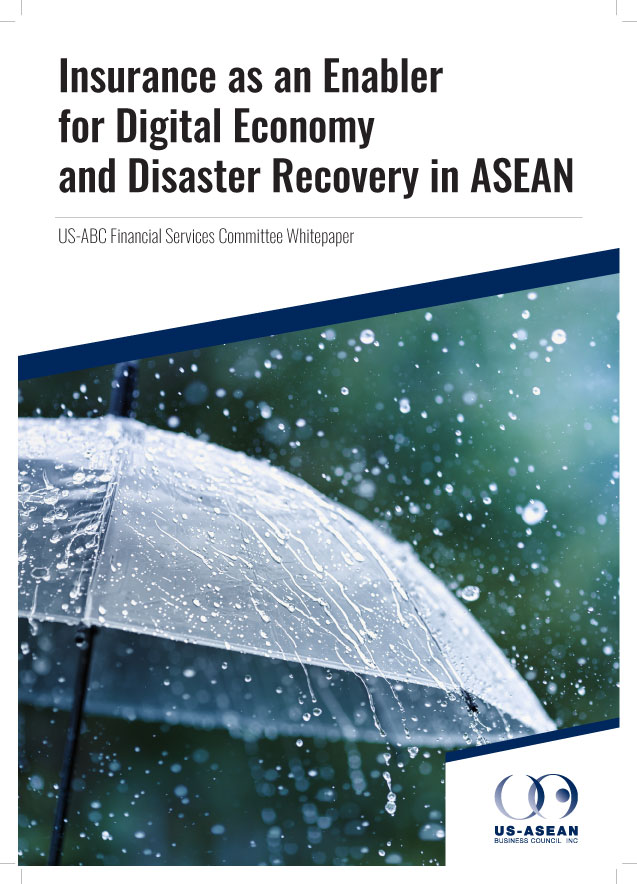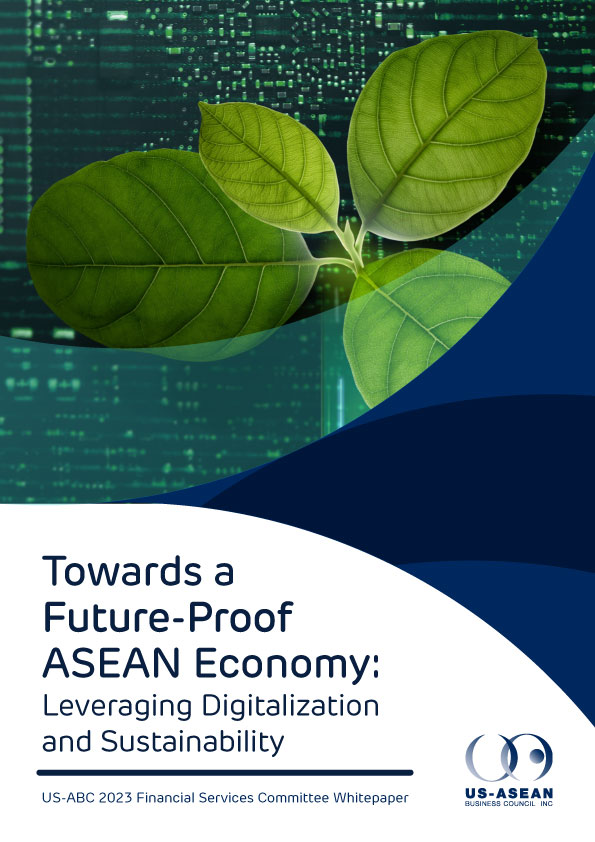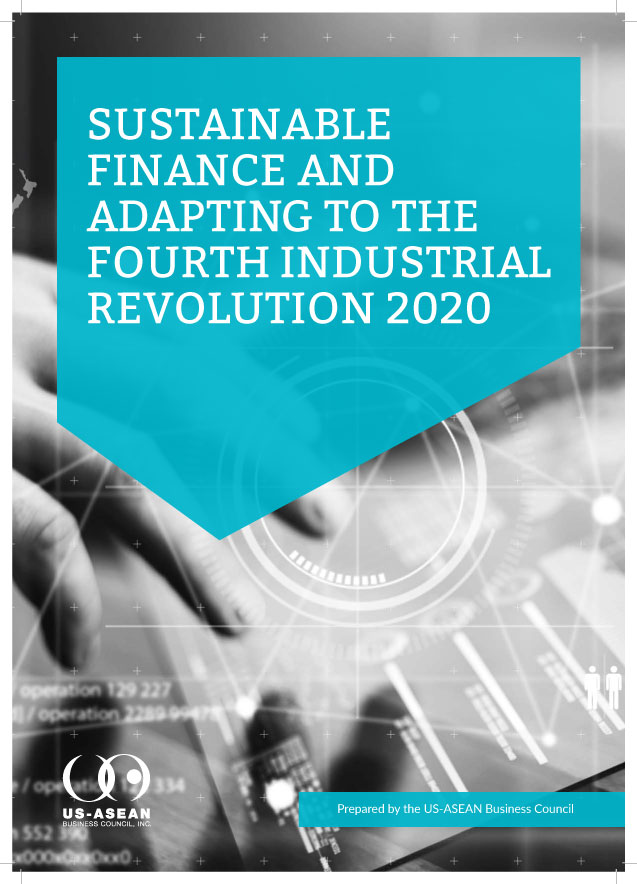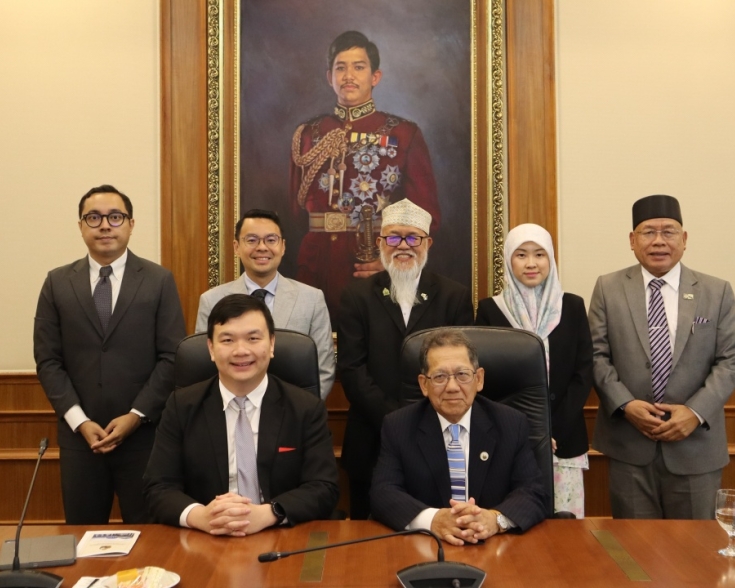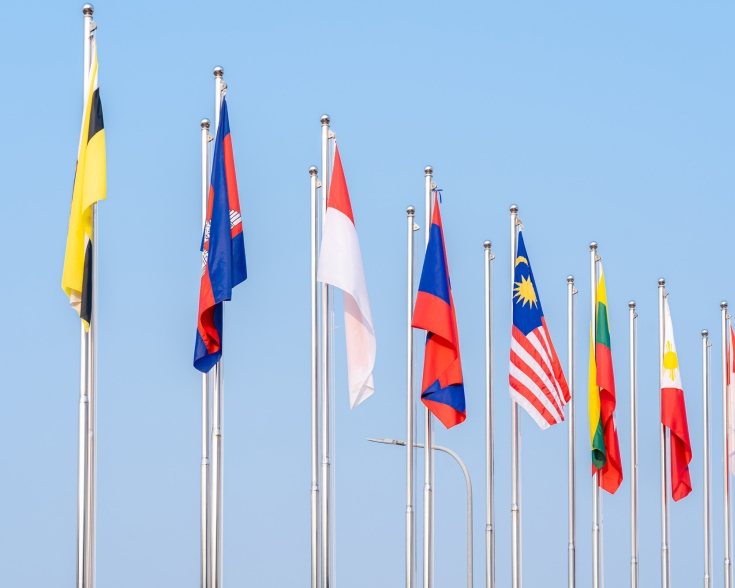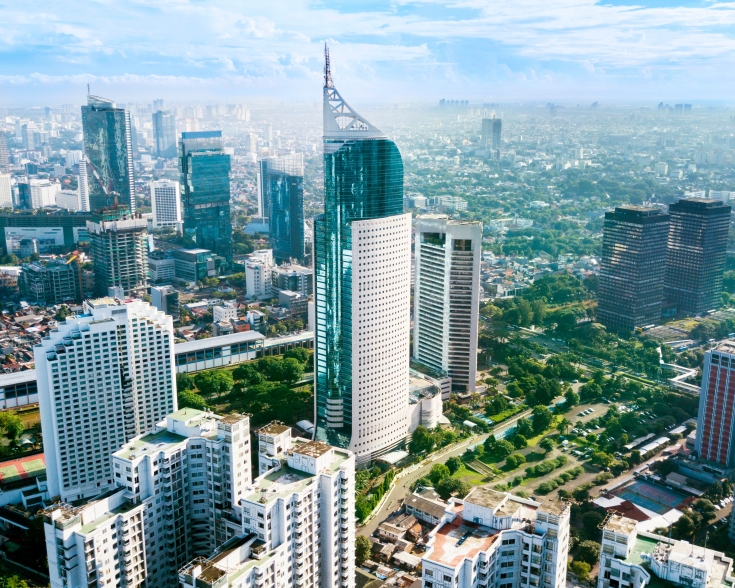Malaysia Analytical Update: Revised Budget 2023
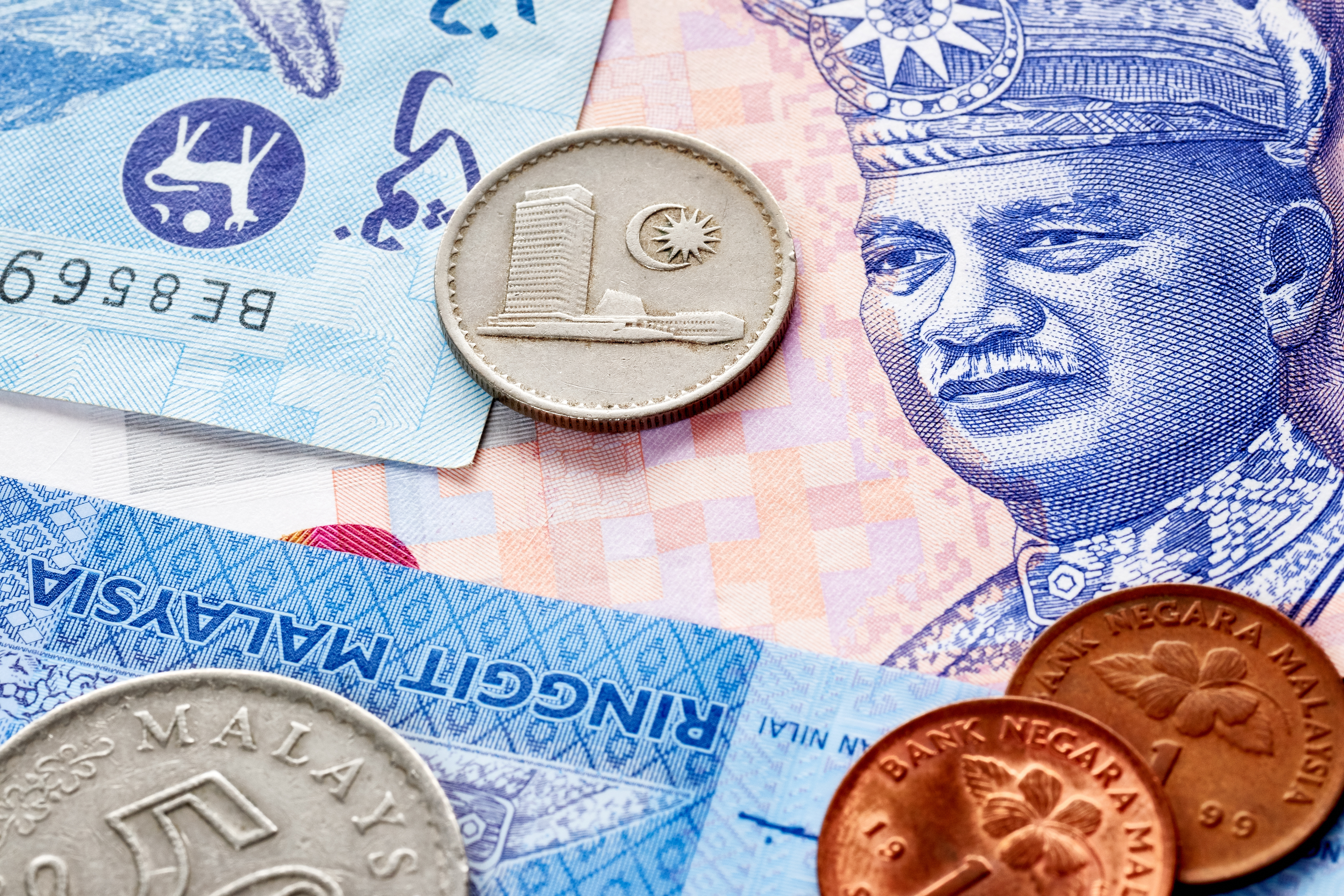
On February 24, the revised Budget 2023 was tabled by Prime Minister and Minister of Finance Anwar Ibrahim. The previous administration tabled a budget for 2023 in October 2022, but the Parliament was dissolved before the budget could be passed. Under the theme “Membangun Malaysia Madani” (Developing a Civil Malaysia), the RM388.1 billion (US$86.48 billion) budget seeks to advance 12 main measures that fall under three pillars: inclusive and sustainable economic growth, institutional reforms and good governance to restore confidence, and combating inequality through social justice.
Given slower than expected growth projected for 2023, the revised budget focuses on increasing transparency and promoting sustainable, inclusive development in jobs, skills development, social insurance, and targeted aid. The government projects headline inflation to stand at 2.8 to 3.8 percent due to high global commodity prices, food supply chain disruption related to the Russia-Ukraine war, and other sources of global economic uncertainty. Although analyses by the World Bank and Fitch project Malaysia’s GDP to grow by 4 percent in 2023 due to the challenging global economic outlook, the government expects Malaysia to reach a 4.5 percent growth rate, citing confidence in a strengthening domestic economy. Due to the introduction of new tax measures, the fiscal deficit is expected to drop to 5 percent of GDP, down from 5.6 percent projection shared at the tabling of the initial budget last October.
The RM338.1 billion (US$86.48 billion) budget is the largest budget ever tabled and RM15.8 billion ($3.52 billion) larger than the budget tabled last October. RM289.1 (US$64.42) billion was set aside for operating expenses, and RM99 billion (US$22.06 billion) will be allocated for development expenditure, which is RM4 billion (US$891 million) more than was allocated during the initial tabling of the budget by the previous administration. The Ministry of Education, Ministry of Health, and Ministry of Higher Education were allocated the largest amount of funds, receiving RM55.6 billion (US$12.39 billion), RM36.3 billion (US$8.09 billion), and RM15.3 billion (US$3.4 billion), respectively.
Among the tax measures included in the revised budget, the government has proposed a luxury goods tax that would take effect this year, with the minimum value dependent on the type of goods. Specific items that would fall under the scope of this tax include luxury fashion items and watches. According to Deputy Finance Minister Steven Sim, the government is still refining the full list of taxable luxury goods as well as specific rates and coverage. The timeline for the implementation of the tax as well as specific rates and coverage will be announced at a later date. During the tabling of the revised budget, PM Anwar shared that the government currently has no plans to implement a Goods and Services Tax (GST), which was eliminated in 2018 under the previous Pakatan Harapan (PH) administration.
According to Dewan Rakyat Speaker Johari Abdul, the tabling of the budget and debate process is expected to take three weeks. The budget is expected to be passed before the end of the first meeting of the 15th Parliament’s second session on March 30, 2023.
The speech for the tabling of the revised budget can be found here.
Key tax incentives in Budget 2023 include the following:
- Tax incentives related to carbon capture and storage (CCS), including companies undertaking in-house CCS activity and companies offering and/or using CCS services.
- Tax deduction on the cost of issuing Sustainable and Responsible investment (SRI) linked Sukuk for 5 years from 2023 to 2027 year of assessment.
- Extension of relocation tax incentives and 15% flat tax rate for C-suite of manufacturing companies until 2024.
- Extension of income tax incentives and investment tax allowances for the aerospace sector until December 31, 2025.
- Extension of tax incentives for food production projects until December 31, 2025.
- Extension of income tax incentives and investment tax allowances ship building and ship repair industry until December 31, 2027.
- Duty and sales tax exemption for studio and filming production equipment on studio and filming production equipment for applications received by the Ministry of Finance until March 31, 2026.
- Duty and sales tax exemption on nicotine replacement therapy products with 3-year period for applications received from April 1, 2023, to March 31, 2026.
- Tax incentives related to electric vehicles (EV) include the following:
- Extension of full import duty and excise duty exemption on imported CBU EV until December 31, 2025.
- Extension of full import duty exemption on components for locally assembled EV until December 31, 2027.
- Extension of full excise duty and sales tax exemption on locally assembled CKD EV until December 31, 2027.
- Income tax exemption on statutory income of EV charging equipment manufacturers from the year of assessment 2023 to the year of assessment 2032 and the Investment Tax Allowance for a period of 5 years.
- Increase maximum tax-deductible rental expense for non-commercial electric vehicles from RM100,000 (US$22,284) to RM300,000 (US$66,852).
Additional tax measures include the following:
- Income tax rate reduction by 2 percent for those with incomes ranging from RM35,000 (US$7,799) to RM100,000 (US$22,284).
- Income tax rate increase by 0.5 to 2 percent for those with incomes ranging from RM100,000 (US$22,284) to RM1 million (US$0.22 million).
- Luxury goods tax proposed with minimum value depending on the type of goods to take effect in 2023.
- Duty on liquid or gel products used in e-cigarettes or vapes that contain nicotine.
- Consideration of introduction of a capital gains tax for the disposal of unlisted shares by companies, potentially to come into effect in 2024.
To support growth in key development areas, Budget 2023 includes the following:
- New Industrial Master Plan (NIMP) 2030 to be announced in Q3 2023.
- Mandate Tun Razak Exchange (TRX) as Malaysia’s global financial hub.
- RM20 billion (US$4.46) loan guarantee scheme for SMEs for companies in high technology, agriculture, and manufacturing under the Syarikat Jaminan Pembiayaan Perniagaan.
- RM250 million (US$55.71) to promote tourism, including a RM115 million (US$25.63 million) matching grant fund to collaborate with the tourism and culture industry.
- Expansion of Penang International Airport and Subang International Airport.
- RM102 million (US$22.73 million) has been allocated as Digital Content Fund to encourage the marketing and production of creative works.
To support digitization of businesses, Budget 2023 includes the following:
- Acceleration of implementation of the JENDELA project, including RM725 million (US$161.56 million) for digital connectivity projects at 47 industrial areas and around 3,700 schools.
- RM1 billion (US$0.22 billion) under Bank Negara Malaysia (BNM) to support micro, small and medium enterprises (SMEs) in automating business processes and digitizing operations.
- RM100 million (US$22.28 million) under the SME Digitalization Grant Scheme to support business automation and digitalization, including matching grants up to RM5,000 (US$1,114) for SMEs.
- RM50 million (US$11.14 million) in matching grants to encourage automation in the plantation sector through artificial intelligence and robotics.
- RM6 billion (US$1.34 billion) in strategic financing by Bank Pembangunan Malaysia Berhad to promote automation and sustainable initiatives.
To improve education and skills training, Budget 2023 includes the following:
- RM436 million (US$97.16 million) for infrastructure and equipment improvements in public universities.
- RM35 million (US$7.8 million) for internet connectivity improvements in higher education institutions under the Malaysian Research and Education Network (MYREN).
- RM428 million (US$95.38 million) for implementation of R&D activities, with RM15 million in R&D grants allocated for the production of national vaccines.
- RM1 billion (US$0.22 billion) fund under the Human Resource Development Corporation (HRDCorp) to implement skills training programs.
- RM1.7 billion (US$0.38 billion) to support financing of micro entrepreneurs and small businesses through Bank Negara Malaysia (BNM), BSN, and TEKUN.
To support sustainable development, Budget 2023 includes the following:
- RM3 billion (US$0.67 billion) in guaranteed value to the Green Technology Financing Scheme (GTFS) until 2025, with the financing scope extended to the EV sector.
- RM2 billion (US$0.45 billion) financing facility under Bank Negara Malaysia (BNM) to support sustainable technology startups and support SMEs’ implementation of low carbon practices.
- RM150 million (US$33.43 million) provision by Khazanah to support environmentally friendly projects, including carbon market and reforestation efforts.
- RM750 million (US$167.13 million) allocation to implement the People’s Income Initiative (IPR) to empower the poor to increase their income potential.
Reactions to Budget 2023:
- Edge Markets (Feb 24), Banks view Madani Budget as having fine balance to help businesses and citizens
- Edge Markets (Feb 24), Property players have favourable view of revised Budget 2023
- Federation of Malaysian Manufacturers (Feb 24), Budget 2023 is a Caring Budget Focusing on the Rising Cost of Living but Lacking Specific Support for Manufacturing
- New Straits Times (Feb 24), Budget 2023: Revised budget's focus on education sector a boon for teachers and parents
- The Star (Feb 25), Budget 2023: Tourism Ministry to ask for increased allocation, says its minister



